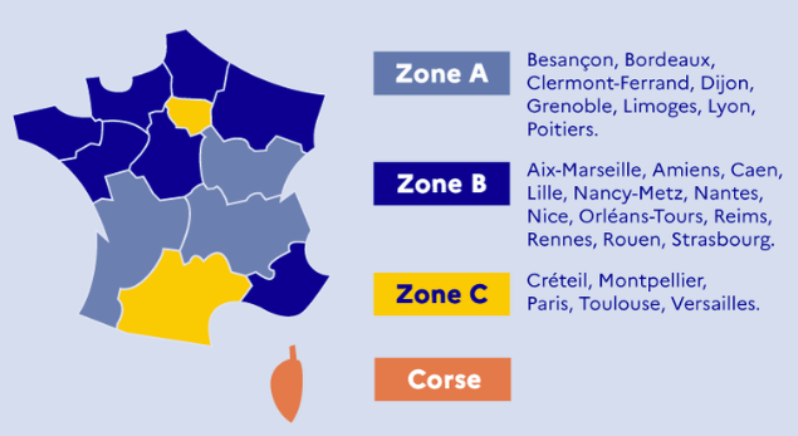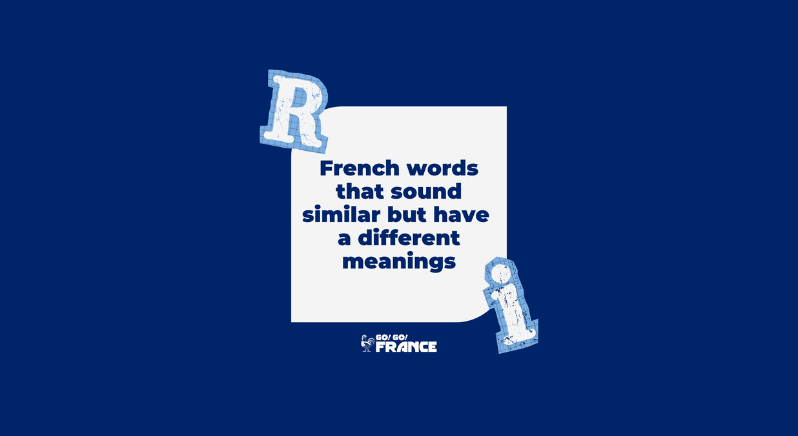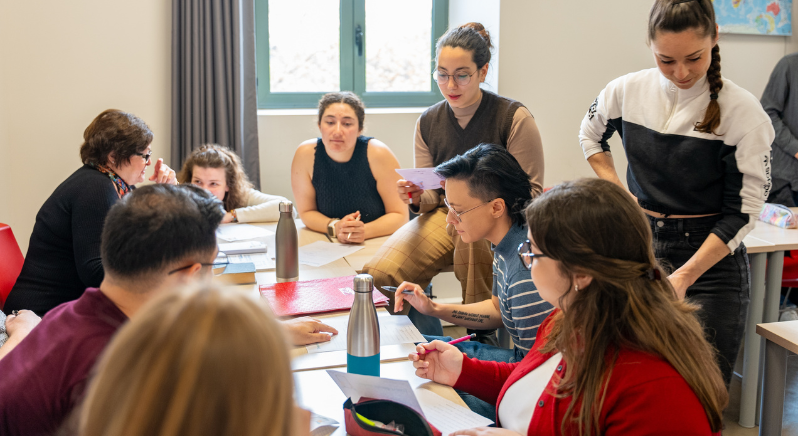Discover how long it takes to learn French based on the structured guidelines set by top French educational institutions and the Common European Framework of Reference for Languages (CEFR).
CEFR levels
The CEFR is an internationally recognized framework that breaks language learning into 6 levels, from absolute beginner (A1) to near-native fluency (C2). Each level represents a milestone in your ability to communicate, comprehend, and interact in French.
- A1 & A2 (Beginner): Can understand and use familiar everyday expressions and basic phrases.
- B1 & B2 (Intermediate): Can handle most situations likely to arise while traveling or living in a French-speaking area, expressing opinions and grasping the main ideas of complex texts.
- C1 & C2 (Advanced): Can express yourself fluently and spontaneously, using language flexibly and effectively for professional, academic, or social purposes.
For a detailed explanation of each CEFR level, check out our guide: https://gogofrance.com/en/blog/cefr-levels-explained/

Estimated study hours per level
Language proficiency isn’t built overnight. However, with structured study and immersion, you can make steady progress.
Based on a typical study plan of 20 lessons per week, each lasting approximately 45 minutes, here’s a breakdown of the estimated cumulative study hours required:
- A1: 60–100 hours
- A2: 150–200 hours
- B1: 350–400 hours
- B2: 550–650 hours
- C1: 800–950 hours
- C2: 1,000+ hours
Keep in mind that these hours are cumulative. This means that each level builds on the hours spent learning the previous level. For instance, reaching B2 requires not just 550–650 hours total, but also the foundational hours you’ve already spent reaching A1, A2, and B1.
Tailoring your learning to your goals
Your French learning journey will look different depending on your personal or professional aspirations.
Mastering business French
If your objective is to operate confidently in a professional setting, you’ll need to go beyond general fluency. Business French requires mastery of formal language, negotiation techniques, and industry-specific vocabulary. Typically, this means adding 200–300 hours of specialized learning after reaching B2 or C1.
Pursuing higher education in France
To enroll in a French university or graduate program, most institutions require a B2 to C1 level of proficiency. Reaching these levels involves 560–950 cumulative hours of study. Depending on your academic field, you may also need to develop subject-specific terminology to succeed in lectures, discussions, and written assignments.
Making French friends
For many learners, the primary goal is to connect with French speakers and enjoy local life. In this case, a solid A2 level—which can be achieved in 150–200 hours—is typically sufficient for casual conversations, everyday tasks, and making new friends. Don’t underestimate the power of basic greetings and a positive attitude!
Check out our blog to learn some basic French: https://gogofrance.com/en/blog/category/learn-french
Reading your first French book
Reading in French is a meaningful milestone. Beginners can start enjoying children’s books or simplified novels around the A2 level. With 100–200 hours of study, you’ll be able to recognize familiar vocabulary and grasp simple narratives. As your proficiency grows, you’ll gain the confidence to tackle more complex literary works.

Learn French at your own pace
To truly excel, structured classroom learning should be paired with immersive, real-world practice.
Here’s how to enhance your learning experience:
- Immerse yourself: Surround yourself with French through music, films, podcasts, and news.
- Engage in conversation: Practice with native speakers or fellow learners through language exchanges.
- Live the language: If possible, learn French in France—there’s no substitute for immersion in a French-speaking environment.
- Set realistic goals: Break your goals into manageable steps, and celebrate your progress along the way.
Language schools in France offer a wide range of programs designed to suit all types of learners, at every level and for every goal. Whether you want to learn French for travel and socializing, or you’re aiming for more ambitious objectives—such as pursuing higher education, working in France, or preparing for a language certification—there’s a program tailored to your needs.
At Go! Go! France, we help international students like you with everything from choosing the right school to preparing for life in France. Contact us to begin your French adventure today.











